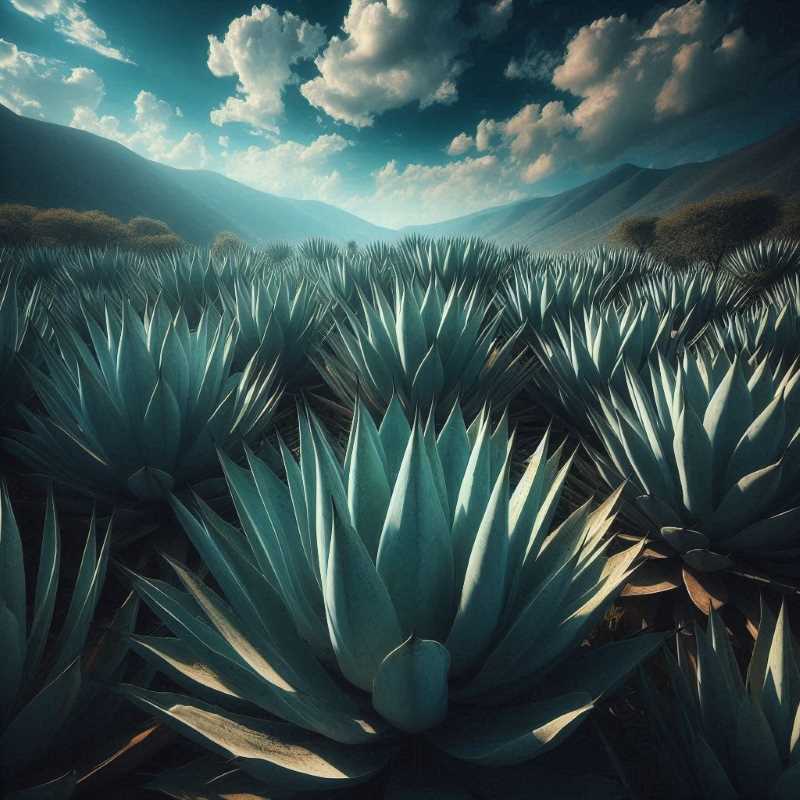A Mexican Law Fights for the Future of the Maguey
Mexico's maguey cactus, key to tequila and culture, faces threats. The proposed law aims to regulate and protect this iconic plant, ensuring its survival and the future of maguey-dependent communities.

The maguey, with its spiky silhouette and stoic presence, is more than just a desert ornament. In Mexico, it's a cultural cornerstone, an economic engine, and even a mythological marvel (remember Mayahuel, the Aztec goddess who sprung from this very plant?). But for all its contributions, the maguey faces an uncertain future. Enter Deputy Otoniel García Montiel, a man on a mission to champion this prickly yet precious resource.
Montiel's brainchild? The Federal Law for the Conservation, Protection and Sustainable Management of Maguey. This isn't your average rulebook; it's a 91-article saga, divided into titles that range from the practical ("Producers") to the poetic ("Culture"). The aim? To ensure the maguey's spiky heart keeps beating for generations to come.




